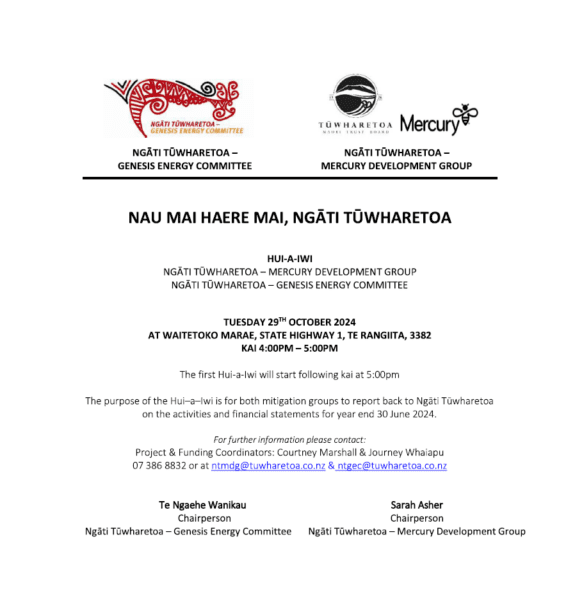Addressing Socioeconomic Inequality and Unemployment Among the Māori: The Need for Genuine Solutions
New Zealand’s national unemployment rate has hit 4.8%. This statistic highlights the ongoing issue of employment inequality in the country, especially among Māori communities. Over the past 30 years, Māori unemployment rates have consistently been double those of the general population, despite changing political leadership. Current Prime Minister, Christopher Luxon, plans to address such issues with a strategy of treating everyone equally. However, this broad approach seems to overlook groups, like the Māori, who require targeted assistance.
The rates of unemployment among the Māori reached a high of 25% in the early 1990s. While these rates have improved, Māori unemployment is still consistently double that of non-Māori. Presently, Māori men’s unemployment is at 8%, and Māori women’s at 8.9% - significantly high compared to the national average. To rectify this, there is a need for specific, measured commitments rather than broad strategies.
The Tūwharetoa Māori Trust Board, among other Māori organizations, urges the Government to acknowledge and deal with the distinctive challenges facing the Māori community. Māori-focused policies are crucial in addressing this issue. The Government needs to provide real, specifically targeted solutions, recognizing the unique history and contributions of the Māori and focusing directly on their wellbeing.
